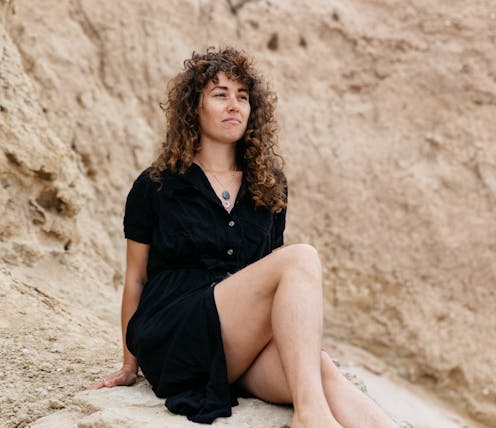Holy Woman's fleshy, feminist spiritual pilgrimage is a warning against religious coercive control
- Written by Rosie Clare Shorter, PhD candidate, Religion and Society Research Cluster, Western Sydney University

Louise Omer is on a global, but highly personal quest: from Australia to Ireland, Mexico, Sweden, Bulgaria and Istanbul. From Istanbul to Scotland, Italy, Germany, Morocco. And finally, to the cool waters of Džbán Lake in the Czech Republic.
In Holy Woman: A Divine Adventure[1], former Pentecostal preacher Omer documents her search for a feminine – and hopefully feminist – spirituality, leaving her marriage, her church, and life in Adelaide behind her.
She weaves together auto-ethnography, memoir and travel writing to craft a compelling commentary on the ways patriarchal norms inform Christian practice, limiting women’s experience of spirituality and the divine.
Review: Holy Woman: A Divine Adventure – Louise Omer (Scribe)
Omer frames Holy Woman with a series of questions about the gendered nature of church experience. She wants to understand the male-centred stories and language Christians use to talk about God. She also wants to map connections between such language and gendered violence within churches. As she goes, she draws on social research, feminist theory and feminist theology.

















